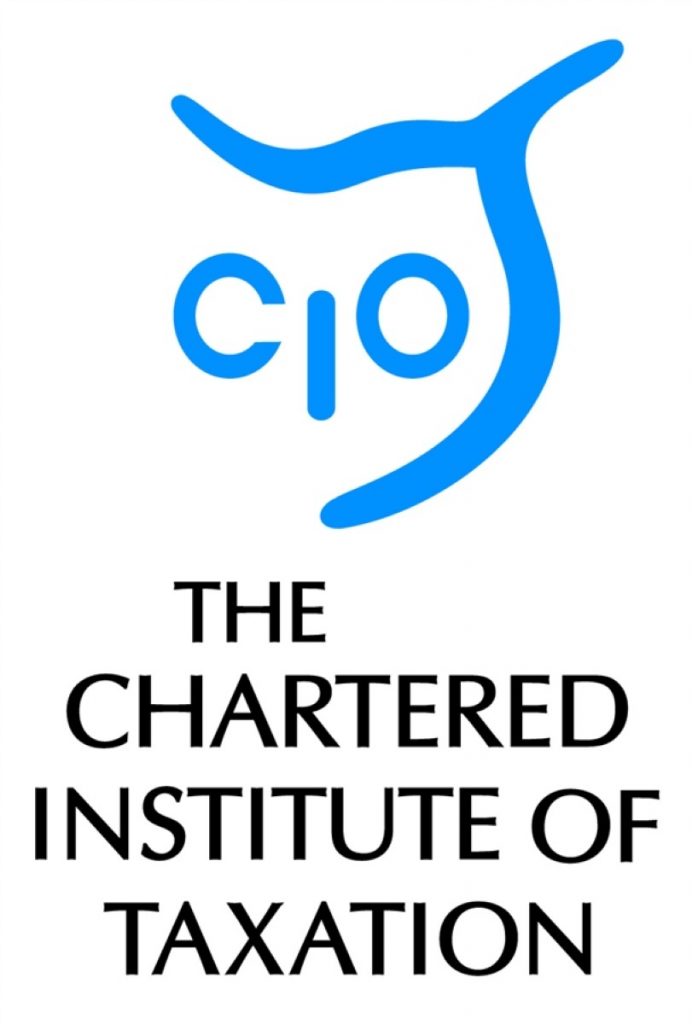CIOT says: HMRC should use existing powers, not demand extra ones
The Chartered Institute of Taxation (CIOT) has questioned whether HM Revenue and Customs (HMRC) really need proposed additional powers to tackle dishonest conduct by tax agents. The CIOT believes HMRC should instead use their existing powers that are adequate and appropriate.
This follows today’s publication by HMRC of draft legislation and their response to the recent consultation on ‘Working with Tax Agents – dishonest tax agents’.
Anthony Thomas, CIOT President said:
“We still question whether the proposed powers are actually needed at all. We strongly encourage HMRC to tackle wrongdoing, but our view is that the best way to deal with dishonest tax agents is to prosecute them. In this way, the dishonest agent is subject to the criminal law with the appropriate checks and balances that have been put in place over hundreds of years.
“HMRC’s response to the consultation addresses some of our concerns, but nothing further is said on this core point. We are left only with the comment in the July consultation paper that ‘…prosecuting all that are suitable could unbalance its criminal investigation coverage…’, a comment that is difficult to fathom. It appears to point to a lack of resources to adequately prosecute criminal cases – a significant concern if true. If lack of resources is the issue, the answer is surely to increase the resources given to HMRC’s prosecutions team.
“If HMRC are going to take on new powers to tackle dishonest conduct, then there have to be appropriate safeguards built in. The proposals now being put forward are much improved from earlier drafts which could have caught someone recommending an ISA, or a newspaper writing a ‘Top 10 tax tips’ feature. If these powers are to go forward, they are now, thanks to HMRC listening to previous representations from the CIOT and other bodies, much better balanced and focussed, including the very necessary ability to appeal to the independent Tribunal.”
Notes to Editors
1) The CIOT’s response to the July consultation can be read in full at: http://www.tax.org.uk/tax-policy/public-submissions/2011/WWTA_Dis_Conduct-CIOT
2) The Chartered Institute of Taxation (CIOT) is a charity and the leading professional body in the United Kingdom concerned solely with taxation. The CIOT’s primary purpose is to promote education and study of the administration and practice of taxation. One of the key aims is to achieve a better, more efficient, tax system for all affected by it – taxpayers, advisers and the authorities.
The CIOT’s comments and recommendations on tax issues are made solely in order to achieve its primary purpose: it is politically neutral in its work. The CIOT will seek to draw on its members’ experience in private practice, government, commerce and industry and academia to argue and explain how public policy objectives (to the extent that these are clearly stated or can be discerned) can most effectively be achieved.
The CIOT’s 15,600 members have the practising title of ‘Chartered Tax Adviser’ and the designatory letters ‘CTA’.
George Crozier
External Relations Manager
D: +44 (0)20 7340 0569
M: +44 (0)7740 477374
The Chartered Institute of Taxation
Registered charity number 1037771
www.tax.org.uk
The Association of Taxation Technicians
Registered charity number 803480
Registered company number 2418331
VAT Registration Number 497 5390 90
www.att.org.uk
Low Incomes Tax Reform Group – an initiative of the Chartered Institute of Taxation
www.litrg.org.uk
1st Floor, Artillery House, 11-19 Artillery Row, London SW1P 1RT





-01.png)